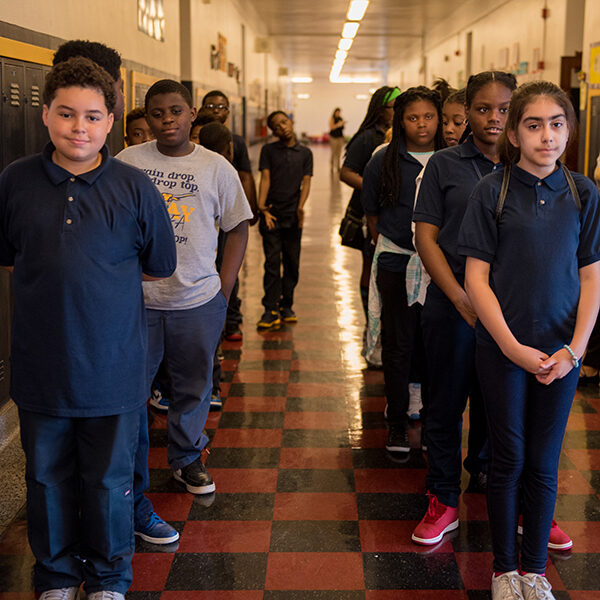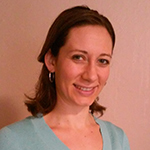
In the last two and a half years that I have conducted research on the implementation of personalized learning, many principals and teachers have told me that equity is the core motivation for their instructional shift. Indeed, teachers frequently define personalized learning as, “providing each child with what he or she needs.”
But despite this ambitious goal, educators are rarely able to clearly answer questions like: What might equity look like at your school? What structures and systems are designed to support this vision? And how does your school measure progress towards this equity goal?
Answering these questions is harder than it seems. Is the goal to get all students to achieve grade level proficiency? Or to advance each child personally and academically at a student-led pace, even if some students fall short of grade level performance? These example goals are only two of many, but whatever a school’s target is, it has real and important implications for resource allocation. Schools, of course, have a finite amount of money and time so clearly stating equity objectives and making tradeoffs to establish aligned student supports is sure to be more controversial than simply holding up equity as a school value.
Instead of having difficult conversations about definitions and measurement, conversations about equity in schools typically focus on cultural competency and implicit bias. These conversations are critically important (and can be equally as difficult), but they often fall short of determining goals, action steps, and supports. Too often educators are fully convinced that systemic change is necessary to break cycles of inequity but leave staff meetings unsure how they can contribute to that change.
Here are some questions that may provide educators direction as they look to personalized learning to improve equity in their schools:
- How do educators in your school define equity? What is your school’s equity goal? Bring all students up to grade level? Engage each student in academic work that is accessible and meaningful to them? Ensure that all students have a meaningful relationship with an adult in the school? Does everyone in a school community agree on this definition and goal?
- How does the school measure progress towards those goals? How will educators know if the school is becoming more or less equitable? Through academic data? Surveys? Classroom observations? How often does the school benchmark equity measures and make changes for continuous improvement?
- How do the school’s resources align with this equity goal? Has the school allocated resources in a way that aligns to the equity goal? Has the school modified its scheduling, staffing, and professional development supports to ensure all students receive the academic and social support that they need?
Equity is a huge, thorny, and often uncomfortable topic. Feeling the weight of history, white educators especially may feel that they need to listen, but hesitate to put a stake in the ground on equity issues. The enormity of a national history that has designed systems to divideAmericans by race can paralyze educators who are positioned to make real progress. Upending this status quo will require clarity and action. In what is sure to be a long path to equity, clearly defining goals, determining how to measure those goals, and making aligned resource decisions and structures are important first steps.
Opinions presented in this blog post are those of the author and do not necessarily represent TLA’s opinion, nor should be considered an endorsement by TLA of any organization or product.

